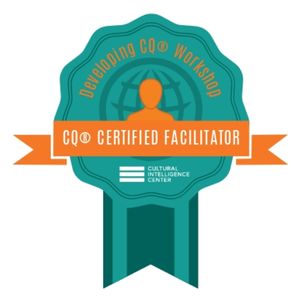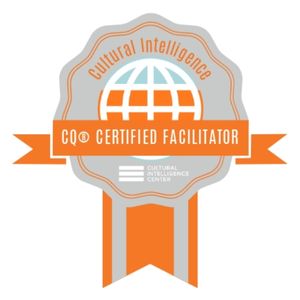The average office worker:
- receives 121 emails every day,
- spends 2 hours a day browsing their inbox
- the equivalent of 30 days a year on email. Yes, that’s right, the equivalent of a whole month!
Plus the main cause of confusion or resentment in the workplace is email (43%)*.
This started me thinking:
Did you ever learn to write emails?
I suspect like me you set up an email some time in the mid-late 1990s & just got going with sending & receiving emails. And emailing has become so automatic, that it’s something we don’t tend to stop & think about or plan to do.
We often see writing emails as a way of facilitating our to-do list, a satisfying way to tick off an action as soon as we have hit the ‘send’ button.
However, email is more than just the transmission of information. It is about managing a relationship remotely. We are still connecting with another human being, just in writing, & that’s easy to forget when we’re busy tapping away our messages.
If we forget that human connection then it can be easier to understand that recent research surprisingly demonstrated 90% of people think their tone of voice is clear in emails and yet 50% of emails are misinterpreted.**
How do your emails sound? Have you ever stopped to think about how the other person might ‘hear’ you when they read your email?
We need to be more aware in our email writing if we want to pitch the tone of voice right & be able to build great rapport with our recipient. Here are my email writing strategies to get your tone of voice right.
Before you launch into your next important communication by email, whether to a valued client, prospect or update to management, ask yourself these important questions:
What is the purpose of your communication?
What is your current relationship?
What do you specifically need from the other person?
Is email the right tool or could you consider another way to communicate with them?
The last question is really important as there may be a better way to connect, for example with people you have an existing relationship with, consider a messenger platform, or even online meeting, calling or sending a voice or video message. Any communication vehicle where the recipient can hear your voice & see you is particularly positive for building connection & rapport.
If you do decide email is still the right tool for you, then the next step is to realise that email writing has 2 important keys:
content (the ‘what’ you want to say)
+
tone of voice (the ‘how’ you want to say it)
And tone of voice must come first if we want to come across in the way we intend. Especially if we are writing about a challenging topic, where we know the other person might have a different point of view to us, or if we aware of feeling any negative emotion about the topic or the recipient. It makes sense to work on tone of voice first before launching into writing.
Here are my strategies to get your tone of voice pitch perfect:
Take a pause & imagine….
- You are meeting the recipient of your email
- You are talking face to face in the same location
- Their agenda on the topics you are writing about (if you don’t know the person well or their opinions, then take a best guess)
- How they feel about your topic or their mood
- Smile: because even if you are not feeling positive about the email or the recipient, you can still trick your brain into feeling more positive, just by putting a smile on your face.
And now you are ready to write your email!
I hope you have found the strategies useful & they make the difference to your email communication & connection to others, for better results. Please let me know if you have any questions or comments at all. I always love to hear from you & continue the conversation.
If you’re interested to learn more about my Professional Email English training or masterclasses, let’s set up a virtual cuppa to discuss your situation & how I can support you.
Have a good rest of the week & look forward to sharing my resources with you soon.





